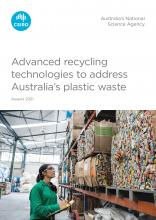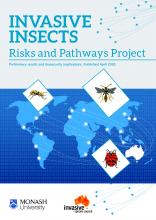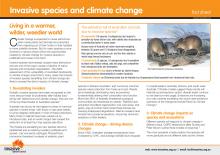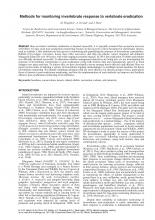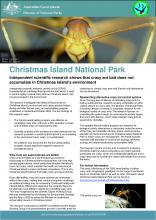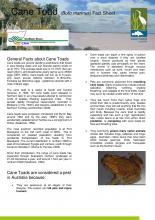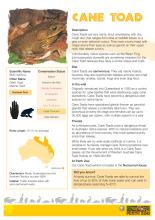United Nations to “Protect Fiji” — Environmental Awareness Key to Major Findings for Australia's State of the Marine Environment report
This United Nations-backed report, hosted by the Pacific Regional Environment Programme (SPREP) in collaboration with Australia’s environmental authorities, highlights critical insights from a comprehensive assessment of Fiji’s marine environment. Key findings include: Urgent need for environmental awareness: Enhanced public understanding is essential to safeguard Fiji’s rich marine resources from threats like marine pollution, coastal habitat destruction, and climate change impacts. Marine pollution pressure: Coastal waters are increasingly burdened by land-based pollutants—plastics, sewage, industrial runoff—and remnant debris from historical events (e.g., WWII wrecks), with contamination affecting marine ecosystems. Habitat degradation: Seagrasses, coral reefs, and mangrove ecosystems face degradation stemming from coastal development, deforestation, sedimentation, and unsustainable use. Climate change and invasive species: Rising sea levels and temperature increase stress marine ecosystems. Invasive species further destabilize native biodiversity and fish stocks. Policy and capacity gaps: Although Fiji is party to major environmental agreements, enforcement and systematic marine monitoring remain inadequate. Collaborative solutions: The report calls for strengthened coordination among UN agencies, SPREP, Fiji’s government, and Australian partners. Recommendations include expanding coastal climate-change observation, improving environmental education, enhancing marine pollution legislation, and bolstering community-based conservation efforts. Together, these insights emphasize that raising environmental awareness and fostering regional cooperation—especially with Australia—are vital to protecting Fiji's marine environment and achieving sustainable development goals.

